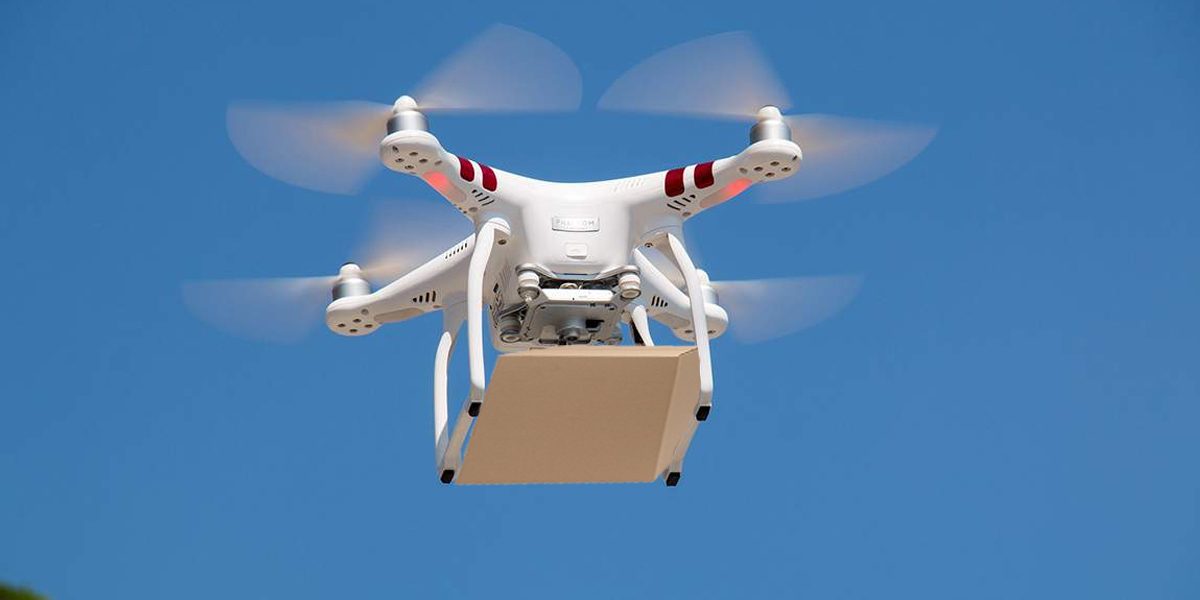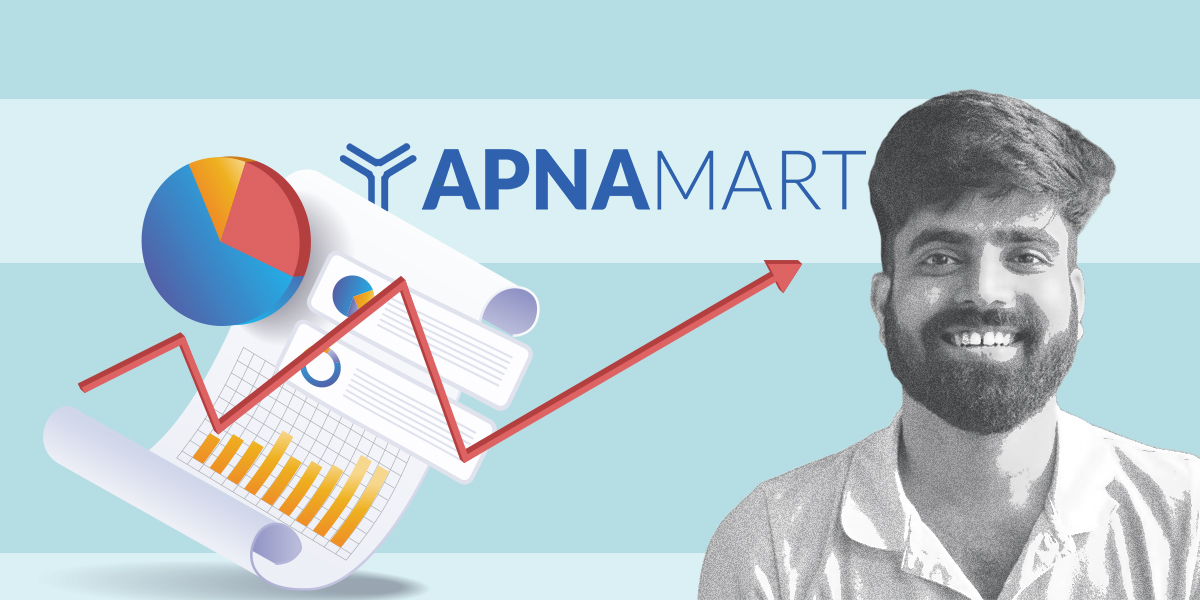While air cargo and logistics companies across the world have been acknowledging the utility of drones for its speed and automation after it made its first public drone delivery six months ago, India is yet to begin its experimental drone flights.
In October, the Directorate General of Civil Aviation (DGCA) had selected seven firms, including Zomato, Swiggy, Zipline and Redwing, for long-range or beyond visual line of sight (BVLOS) drone experiments.
These firms were asked to submit technical details by the civil aviation authority.
In the latest development, the applications of Google-backed hyperlocal delivery startup Dunzo and Bengaluru-based drone maker Throttle Aerospace Systems have been finally approved by the DGCA based on their experimental programme called beyond visual line of sight (BVLOS) drone operations.
Throttle Aerospace Systems has tied up with SpiceJet’s dedicated air cargo service SpiceXpress that will provide the company with drones and assist in the initial testing phase.
BVLOS Experiment Assessment and Monitoring (BEAM) committee is yet to finalize and approve other company’s experiments, but Dunzo and Throttle Aerospace have been selected and are waiting for the formal letters.
These approvals were originally planned to be done by August this year, but due to the unavailability of the members of the BVLOS Experiment Assessment and Monitoring (BEAM) committee, the process got delayed by a couple of months.
The two companies are likely to begin their experimental drone flights in February 2020 and are done with identifying airspace outside of Bengaluru.
During the test which is meant to evaluate the safety and durability of the solutions, the companies will have to each clock 100 hours of drone flights before submitting the proof of concept to DGCA, said an ET report.
In December of 2018, the government legalised the flying of drones or Remotely Piloted Aircraft System (RPAS). It had also set up an online portal called ‘Digital Sky’ for drone registration.
Besides, the government also drafted a new drone policy for regulations under which it defined five different categories — Nano: less than or equal to 250 grams, Micro: from 250 grams to 2 kg, Small: from 2kg to 25 kg, medium: From 25 kg to 150 kg and Large: greater than 150 kg.
Nano drones that weigh less than 250 grams will not require registration.














